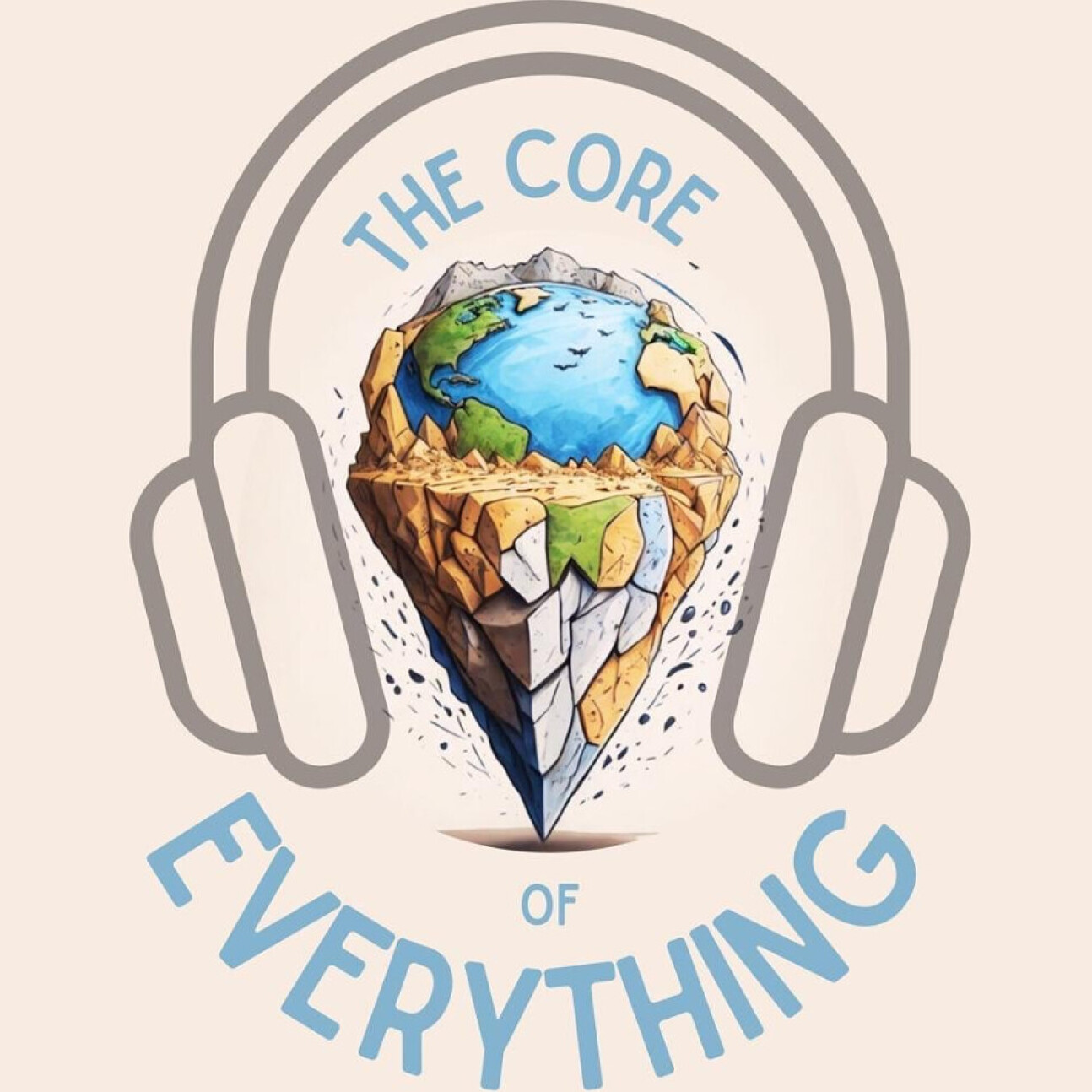ESE launches two new podcasts to demystify Earth science and promote EDI

Two new podcasts from staff and students in the Department of Earth Science and Engineering (ESE) will aim to demystify Earth science and foster EDI.
The Core of Everything
The Core of Everything, launched by ESE PhD students Jack Turney and Mark Boyd over the summer, explores how the rocks around us tie into everyday life.
The new podcast covers the basics of geology and the newest scientific discoveries in the field, with episodes ranging from the formation of our planet to the resources beneath our feet.
Nine episodes have already been released, involving different guests from ESE and covering a wide array of topics – including meteorites that hold the secrets of our solar system, what carbon capture is and how much CO2 storage is needed to reach climate targets, and how tectonic plates forming the Earth’s crust have been shaping our planet for billions of years.
More episodes will be released on a weekly basis, so subscribe and listen to the podcast on Spotify, Google podcasts and Amazon. You can also follow The Core of Everything on X (@thecoepod) and Instagram (@coepod).
Jack Turney, co-host and PhD student investigating how we can use magnetic minerals to understand how resources move in the subsurface, said:
“Earth science plays a significant role in our daily lives, even if people don’t always realise it. By delving into Earth's past and future, The Core of Everything aims to make geoscience accessible and exciting.”
Mark Boyd, co-host and PhD student looking at particles formed by natural processes in space and on the Earth to better understand past environments, said:
“Our pod is mainly aimed at young people with an interest in Earth science, although it extends to any person with an interest in Earth processes. The initiative is funded by ESE’s Outreach fund, and we hope it will inspire young listeners to pursue a career in geoscience.”

ESE’s EDI podcast
ESE’s Equality, Diversity, Inclusion and Culture (EDIC) committee also launched a new podcast over the summer to delve into various EDI-related topics.
Through this podcast, which will feature ESE staff and students as well as external guests, the EDIC Committee aims to raise awareness of EDI, demystify processes and empower the ESE community to share their experiences.
The first three episodes have been hosted by Dr Rebecca Bell, chair of ESE’s EDIC committee, and Sophia Quazi, ESE’s EDI coordinator, and explored the experiences and challenges of parenting in research and academia.
The EDIC committee is now looking for volunteers to host and participate in future episodes, so if you would like to get involved or you have any ideas or suggestions, please get in touch with the EDIC committee by emailing Sophia Quazi.
For the next episode, the EDIC committee is planning to interview Professor Chris Jackson, one of the founding members of ‘Black in Geoscience’, a virtual community for Black geoscientists aiming to celebrate and amplify the remarkable work of Black people in geosciences at all stages of their careers.
Dr Rebecca Bell, who spearheaded the podcast initiative along with Sophia Quazi and Dr Valentin Laurent, said:
“Our new EDI podcast is a platform to raise important discussions about equity, diversity, and inclusion in the field of geoscience. Sharing personal experiences is a powerful way to bring different perspectives to the table and build understanding and inclusivity in the field."
Episodes will be released monthly and you can listen to the latest episodes on ESE’s Youtube channel or ESE’s website.
Article text (excluding photos or graphics) © Imperial College London.
Photos and graphics subject to third party copyright used with permission or © Imperial College London.
Reporter
Diana Cano Bordajandi
Department of Earth Science & Engineering